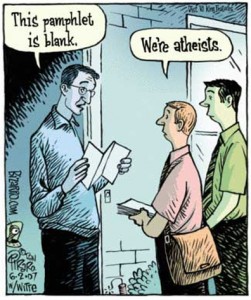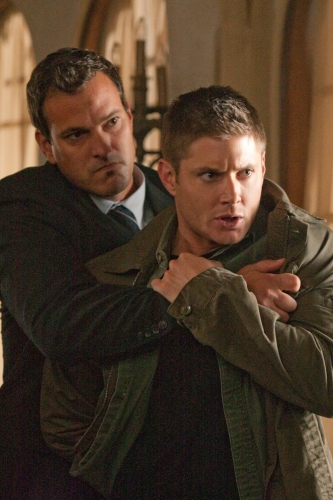In light of the two most recent posts (on atheism’s weakness as philosophical movement and my inability to rebut a Ross Douthat thought experiment), it’s about time I got around to discussing the keynote at the DC Center for Inquiry fundraiser I attended a few weeks back. The featured speaker was Greta Christina and she spoke on the similarities between New Atheism and the LGBT movement. I’m sure you can think of plenty of them already: both distrusted groups that... Read more















